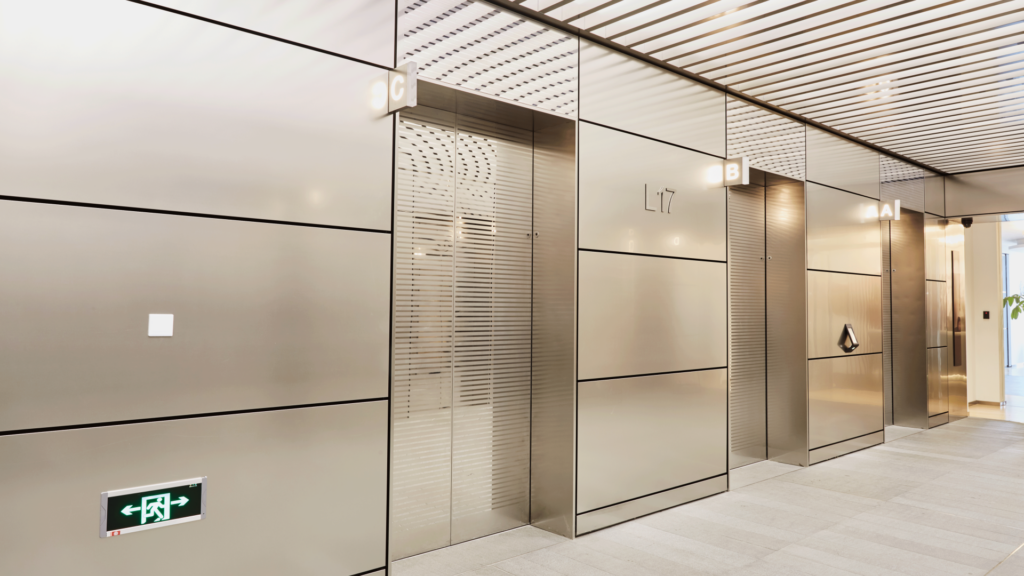Freight elevators play a vital role in our daily lives, enabling the smooth and efficient transportation of goods within buildings. From industrial warehouses to commercial establishments, these workhorses serve as the backbone of logistics operations. In this blog post, we will explore the significance of freight elevators and their crucial contribution to various sectors, ensuring the seamless flow of goods.
Industrial Applications:
Freight elevators find extensive use in industrial settings, where the movement of heavy goods and materials is a constant requirement. Manufacturing plants, warehouses, and distribution centers rely on freight elevators to transport raw materials, finished products, and equipment between different levels. These elevators are designed to handle high weight capacities and provide robust and reliable performance for the demanding industrial environment.Commercial Establishments:
In commercial buildings such as shopping malls, hotels, and office complexes, freight elevators are indispensable for the efficient supply chain management and everyday operations. They facilitate the delivery of goods, including furniture, supplies, and equipment, to various floors, ensuring timely restocking, maintenance, and support services. Without freight elevators, the smooth functioning of these establishments would be severely compromised.Construction and Renovation:
During construction and renovation projects, the need to transport heavy construction materials, tools, and equipment becomes paramount. Freight elevators serve as a reliable and efficient means to move these items vertically within the building. They expedite the construction process, enabling contractors and workers to transport materials easily, reducing manual labor, and increasing productivity on site.Safety and Load Capacity:
Freight elevators are designed with robust safety features and high load capacities. They are equipped with sturdy doors, reinforced cabins, and heavy-duty components to handle the demands of transporting goods of varying sizes and weights. Load capacity ratings ensure that the elevator can safely accommodate heavy loads, preventing accidents and damage to both goods and the elevator itself.Efficiency and Time Savings:
Freight elevators are designed for efficiency, allowing for quick and seamless loading and unloading of goods. Their larger dimensions and wider entrances accommodate bulky items, pallets, and carts, facilitating efficient movement. By using freight elevators, businesses can save time and effort in manual handling, streamlining their operations and improving overall productivity.Flexibility and Adaptability:
Freight elevators offer flexibility and adaptability to meet the diverse needs of different industries. They can be customized with specific features such as adjustable shelving, specialized fixtures, and controls tailored to handle specific types of goods. This flexibility allows businesses to optimize their logistics processes, ensuring safe and efficient transportation of goods.
Freight elevators are an integral part of our lives, playing a crucial role in various industries and commercial establishments. Their robust design, high load capacities, and efficient operation enable the seamless movement of goods, ensuring timely deliveries, supporting construction projects, and enhancing logistics operations. Without freight elevators, the smooth functioning of industries, supply chains, and commercial establishments would be severely impacted. As the demand for efficient goods transportation continues to grow, freight elevators will remain an essential component of our modern society.

